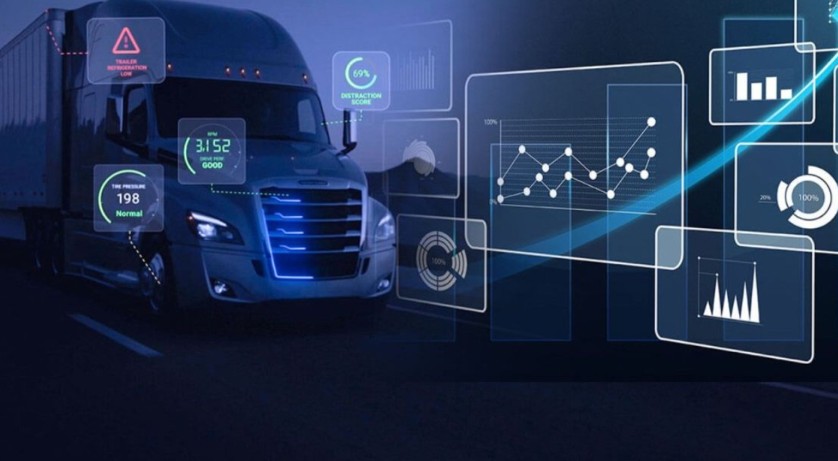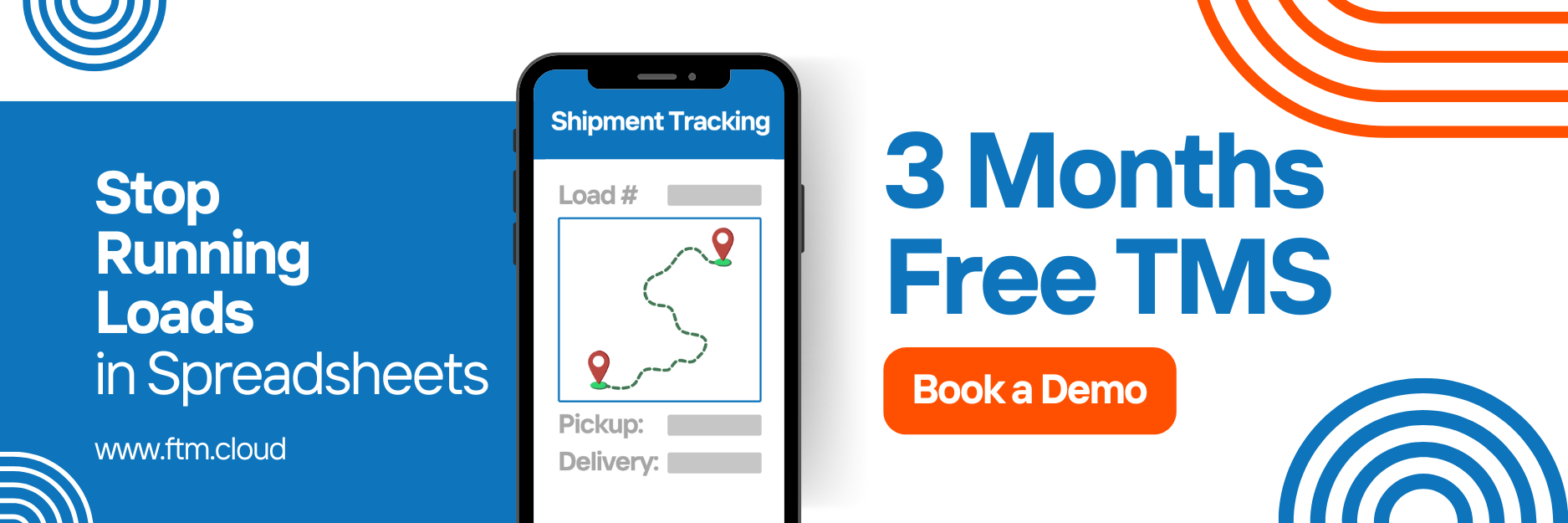From cold calls to connected ecosystems, how technology is redefining brokerage and what it takes to stay ahead.
Freight Brokerage Has Entered a New Era
There was a time when freight brokerage was all about the phone. The fastest dialer won the freight, the sharpest negotiator got the margin, and relationships were built one load at a time.
That era isn’t gone, it’s just transformed.
Today’s digital freight broker operates at the intersection of logistics expertise and technical fluency. The ability to quote loads and track trucks is now automated; what matters is understanding how those systems interact and how to turn data into opportunity.
The Rise of the Digital Freight Broker
A decade ago, brokers saw technology as competition. Now, it’s a collaborator.
Modern brokerage isn’t about replacing people with platforms, it’s about enhancing people with precision.
Why Tech Matters Now More Than Ever
- Speed has become the new relationship. Shippers expect quotes in seconds, not hours.
- Visibility is non-negotiable. Every customer wants real-time location data and predictive ETAs.
- Data is the differentiator. Those who analyze lane trends, carrier performance, and rate history outperform those who rely on instinct.
What’s emerging is a new hybrid professional: part relationship builder, part systems architect. The digital freight broker doesn’t just move freight, they orchestrate an ecosystem.
From Manual Moves to Machine Learning
Technology is changing how brokers make decisions. The ones who thrive understand how to merge human insight with machine intelligence.
| Old-School Brokerage | Digital Brokerage |
| Manual check calls | Automated tracking via API |
| Paper rate confirmations | E-sign and cloud-based workflows |
| Rate negotiation by phone | Dynamic pricing tools |
| Intuition-led dispatch | Predictive analytics & visibility dashboards |
| Single-person operations | Multi-platform collaboration |
This shift doesn’t mean brokers are becoming obsolete, it means they’re becoming strategists. A digital broker knows when to automate and when to intervene.
Read more: What Is Predictive Analytics in Logistics: Turning Load History into Actionable Insights
Core Competencies of the Modern Freight Broker
Being a digital broker is about comprehension. You don’t need to build systems, but you need to know how to use them to win freight faster.
1. Tech Stack Literacy
Understanding how TMS, accounting tools, and visibility systems connect is now essential. It’s the difference between reacting to loads and proactively managing them.
2. Data-Driven Decision Making
Rate trends, lane density, and carrier scorecards all reveal patterns. A broker who knows how to interpret data can build predictive models that improve win ratios.
3. Automation Oversight
Automation saves time, but without human oversight, it can cause errors that cost relationships. The best brokers know how to configure alerts, triggers, and approval flows intelligently.
4. Communication Agility
Tech hasn’t replaced relationships, it’s redefined them. Whether it’s through a portal, text, or live dashboard, the broker’s job is to keep all parties informed and confident.
“In digital brokerage, technology does the heavy lifting, but trust still closes the deal.”

Read more: Is AI Replacing Load Planners?
Challenges Brokers Face in Digital Transformation
While technology is empowering, it’s also intimidating. The transition to digital-first operations often hits three main roadblocks:
- Tool Overload: Too many disconnected systems create chaos instead of clarity.
- Data Silos: When carrier, shipper, and load data don’t flow between platforms, opportunities get lost.
- Skill Gaps: Many brokers are still learning how to interpret analytics or automate workflows effectively.
Forward-thinking organizations are responding with digital upskilling programs, blending logistics experience with structured tech training. Those who embrace this hybrid skill set are setting new industry benchmarks.
Read more: Freight Broker ChatGPT Prompts to Streamline Workflows
The Broker’s Edge: Using Data to Build Trust
Technology doesn’t replace human relationships; it deepens them.
By providing transparency, real-time tracking, historical lane performance, and proactive communication, brokers are becoming trusted data partners, not just intermediaries.
Shippers want insight, not excuses. Carriers want efficiency, not bottlenecks. Brokers who can bridge both worlds digitally are the ones defining the next decade of freight.
The Role of FTM in the Digital Broker’s Future
At FTM, we’ve seen how digital brokerage evolves from the inside. Brokers using FTM streamline every part of the process, from predictive dispatch planning to automated POD handling, without losing control or visibility.
The platform connects with major carrier networks, load boards, and visibility tools, creating a seamless operational ecosystem. That’s the essence of modern brokerage: clarity without complexity.
The Future Broker Has Arrived
The freight broker of tomorrow is already here, they’re the ones using data, automation, and integrated systems to move freight smarter.
Digital doesn’t mean impersonal; it means precise, responsive, and scalable.
The brokers who adapt now will lead the market tomorrow. Those who resist change? They’ll watch from the sidelines as the industry races ahead.
Book your free demo today, and see how FTM empowers digital brokers to turn every data point into a competitive advantage.

